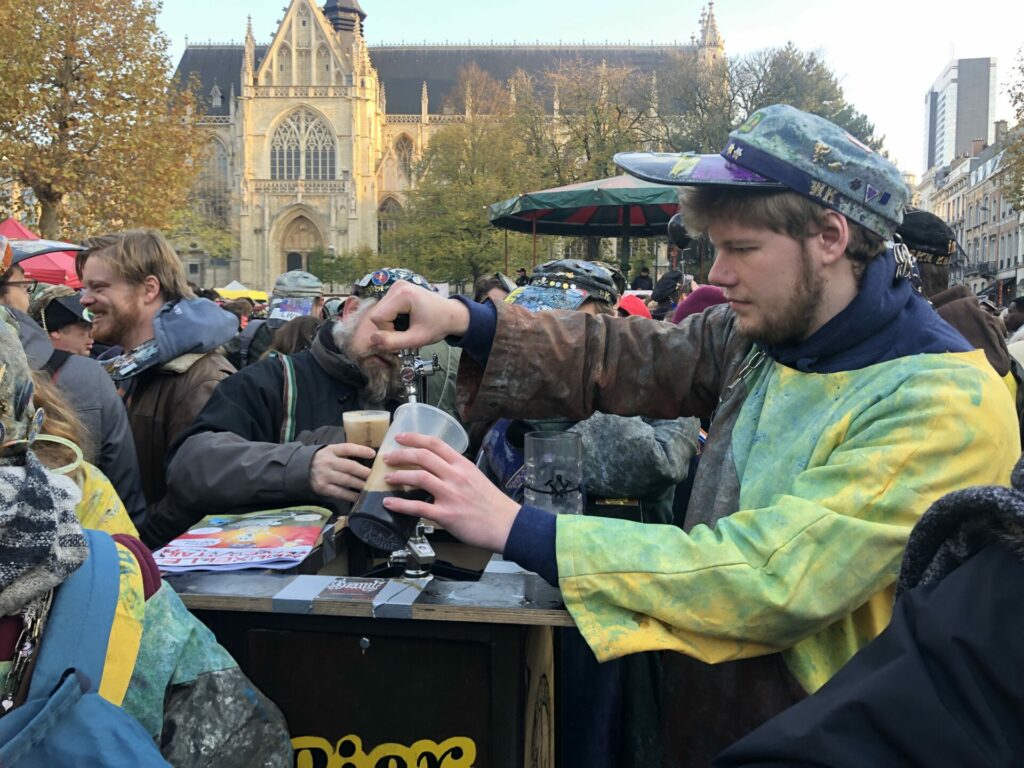For the start of the next academic year in September, the charter governing festive and folkloric activities in universities will undergo a series of changes.
Because of recent controversies that have beset the student festivities of French-speaking universities, the Wallonia-Brussels Federation wants organisers of these activities to abide by an amended and stricter charter.
The details of this strengthened charter have been announced by Valérie Glatigny, Minister of Higher Education for the Wallonia-Brussels Federation.
What needs to be respected?
Firstly, organisers will now have to inform their establishments ahead of time of any planned activities. If these activities were to reach a certain magnitude, then local authorities will also have to be notified of the event.
Secondly, students will have the free choice to drink alcohol, eat certain foods and participate in certain activities and will not be forced to. Organisers will have to explicitly communicate this to students.
Thirdly, no sexist or discriminatory acts should occur during these events. With animal welfare also having to be ensured.
All organisers will be required to sign the charter, after which it will be communicated to the participants of these activities.
Heath and safety
Glatigny has also made sure to implement health and safety measures for the organisation of these activities.
Related News
- 'Scared and disappointed': Student rally at VUB calls on university to stand with victims
- 'Last straw': VUB students to protest against inaction on sexual harassment
- Facial recognition for remote exams raises huge concerns
In the context of student hazing, organisers will now be required to inquire about the participants' health via a medical form filled out ahead of time.
A security service comprised of students who do not consume alcohol will be established, with at least one person trained in first aid to intervene quickly if necessary. Each event will also require the provision of a first-aid kit.
Activities will also need to be weather-adapted in order to avoid cases of hypothermia, which had led to the death of Flemish student Sanda Dia. In the event of a problem, participants will be required to provide an emergency contact number.
Organisers will also be asked to select locations for their activities that meet satisfactory safety standards, as well as conduct an assessment of the potential physical and psychological risks.

